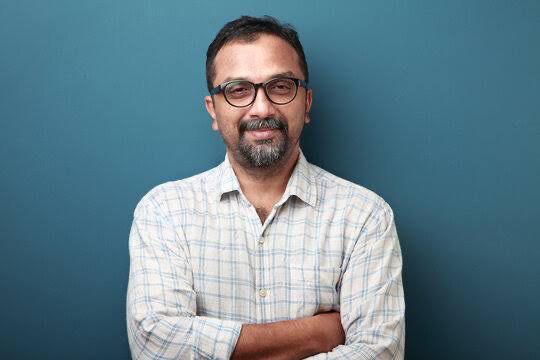- +919205688302
- wecare@nurospark.com
Dive into our collection of thoughtfully crafted articles, expert tips, and latest trends to stay ahead in your journey.
Explore BlogsComprehensive mental health and psychological services for your wellbeing

Explore the basics of human behavior and mental processes through our comprehensive introductory course.
Learn More
Read our expert articles on mental wellness, coping strategies, and the latest research in psychology.
Read Articles
Connect with our licensed therapists and counselors for personalized mental health support and guidance.
Find Support
Comprehensive assessments to understand your mental health status and create personalized care plans.
Get Started

